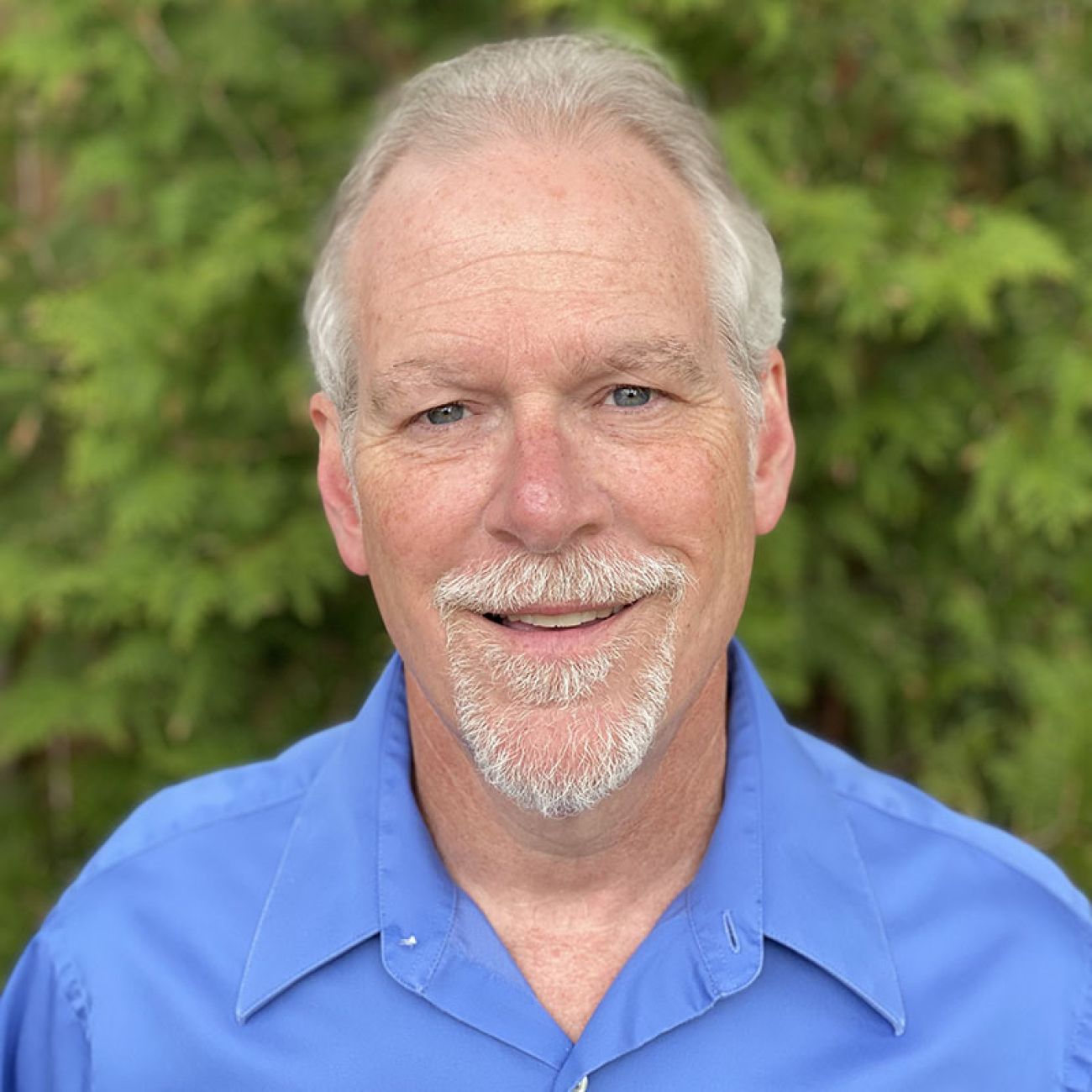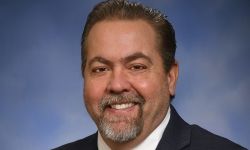Opinion | Look to rooftops, brownfields, policy reforms to capture solar savings
To borrow from Michigan’s motto, if you seek to site solar panels on our pleasant peninsulas, look about you… to the rooftops and “brownfields” all around us. Opportunity abounds in these underutilized spaces, where community support for solar arrays is strongest, according to a national survey and recent experience in Michigan.
The Michigan Department of Natural Resources (MDNR) encountered no objections in 2020, for instance, when it leased a former Upper Peninsula iron mine’s tailings site for a utility-scale solar project.

Yet this January, the agency hit a buzz saw of lawmaker and public
opposition after proposing to lease Gaylord-area lands pocked by oil and gas wells and bisected by transmission lines to a solar developer, spurring claims that the state wants to “bulldoze” the forest in favor of solar panels. In response, MDNR has extended the public comment period on the Gaylord-area proposal until April 30 and paused leasing state land for solar.
This pause offers a chance to reassess and improve Michigan’s approach to solar siting, emphasizing rooftops, community lots and distressed lands alongside large-scale solar. These locations allow solar to flourish with fewer conflicts, greater local benefits and stronger community support.
Untapped Potential in the Built Environment
Michigan can avoid debate over public lands for private solar projects with policy tweaks that better support rooftop and community solar in the built environment.
First, the state should create a virtual power plant (VPP) program, through which utilities pay customers with solar panels paired with battery storage to supply stored electricity when needed. VPPs enhance grid capacity and reliability without adding costly utility-scale generation — a huge benefit in Michigan, where severe weather and an aging grid contribute to some of the worst reliability issues in the nation.
State lawmakers should continue their efforts, despite utility objections, to authorize community solar, as have about half the states. A community solar program could deliver a nearly $1.5 billion boost to the state's economy over the next 30 years and support 18,500 jobs.
Community solar, which is smaller than utility-scale projects, involves installing solar arrays on vacant lots or incorporating them into working farmland (a practice known as agrivoltaics) to boost rural incomes. It allows homeowners, renters and businesses to subscribe and receive credits on their energy bills, just as if the panels were on their own roof.
Lawmakers also should expand Michigan’s popular distributed-generation program, which allows rooftop solar owners to sell excess power back to their utility. They should lift the 10% cap on distributed generation that artificially limits the financial benefits and growth of rooftop solar.
Solar as a Community Asset
Beyond advancing Michigan’s clean energy goals, solar can also be a tool for land restoration and economic revitalization. Where utility-scale solar is necessary, we should ensure it meets high standards for land stewardship, incorporating practices like agrivoltaics, pollinator habitats and prairie solar for soil restoration — key to maximizing environmental and community benefits.
Michigan officials should prioritize cleaning up and advancing solar energy projects where appropriate on some of the more than 24,000 known contaminated sites or brownfields in the state — including former landfills, coal-burning power plants and industrial sites — to relieve some of the pressure for utility-scale solar in the countryside, boost local prosperity and reclaim distressed lands.
With smart policy reforms and opportunistic use of rooftops, community spaces and brownfields, solar can light the way to a cleaner and more affordable future in Michigan.
See what new members are saying about why they donated to Bridge Michigan:
- “In order for this information to be accurate and unbiased it must be underwritten by its readers, not by special interests.” - Larry S.
- “Not many other media sources report on the topics Bridge does.” - Susan B.
- “Your journalism is outstanding and rare these days.” - Mark S.
If you want to ensure the future of nonpartisan, nonprofit Michigan journalism, please become a member today. You, too, will be asked why you donated and maybe we'll feature your quote next time!




